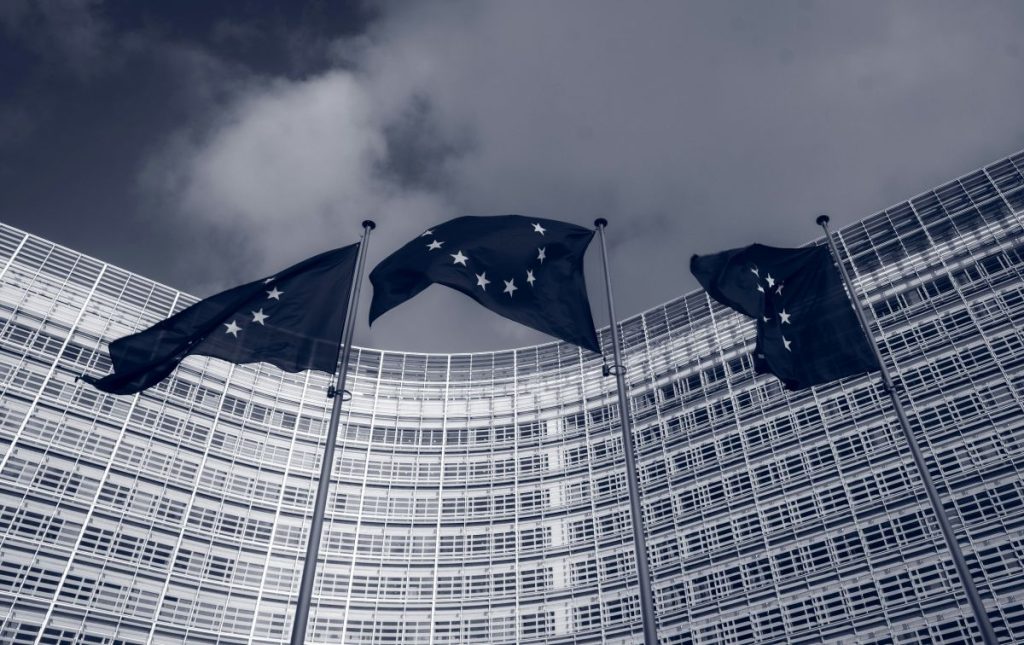With U.S. tariffs on steel and aluminum set to take effect in March, the European Union is racing to defuse escalating trade tensions with the Trump administration. Early talks suggest a push for diplomacy, but the threat of retaliation is already taking shape.
A Familiar Trade Battle Takes Shape
The European Union has moved swiftly to engage the Trump administration in talks as tensions over trade mount once again. EU trade chief Maros Sefcovic recently spoke with Howard Lutnick, Trump’s nominee for commerce secretary, along with trade representative pick Jamieson Greer and National Economic Council Director Kevin Hassett, in an effort to explore a resolution before the situation spirals into another full-scale tariff war.
The talks, described as introductory, marked an early step in what is likely to be a contentious negotiation. The EU has made it clear it wants a solution that avoids economic damage while protecting its trade interests. But with Trump reiterating his stance that the bloc treats the U.S. “very unfairly” and continuing to cite the EU’s trade surplus as justification for fresh duties, there is little indication that a compromise is imminent.
Europe Braces for Retaliation
Trump’s plan to impose 25% tariffs on all steel and aluminum imports from March 12 has put Brussels on high alert. The EU is prepared to hit back swiftly, with trade officials drafting multiple lists of American products that could face retaliatory tariffs. These measures, modeled on the EU’s previous response to Trump’s tariffs in his first term, could be reinstated within weeks if the White House moves forward.
EU trade ministers met via video conference to discuss their strategy, with a strong emphasis on unity among member states. For European manufacturers and exporters, the stakes are high. Retaliatory tariffs could make key U.S. exports—ranging from agricultural goods to consumer products—significantly more expensive in Europe, worsening transatlantic trade conditions at a time of broader economic uncertainty.
Diplomacy or Confrontation: Which Path Will Prevail?
The EU has signaled its preference for diplomacy, but its willingness to retaliate underscores the reality that it will not stand by while the U.S. moves unilaterally. If Trump’s administration proceeds with its planned tariffs, European leaders will face a difficult choice—accept the economic hit or engage in a tit-for-tat tariff war that could disrupt global supply chains and deepen divisions in the transatlantic alliance.
John Malloy, a senior fellow at the International Trade Policy Institute, warns that Europe cannot afford to underestimate the political motivations behind Trump’s trade policies. This isn’t just about trade balances or tariffs—it’s about leverage. Trump sees tariffs as a bargaining chip, and the EU needs to be prepared for a drawn-out confrontation if it wants to avoid being cornered.”
For now, the EU has bought itself some time. The question is whether early diplomatic overtures will be enough to prevent another bruising trade battle—or whether both sides are already on a path to escalation. The coming weeks will be crucial in determining whether economic pragmatism can prevail over political brinkmanship.







